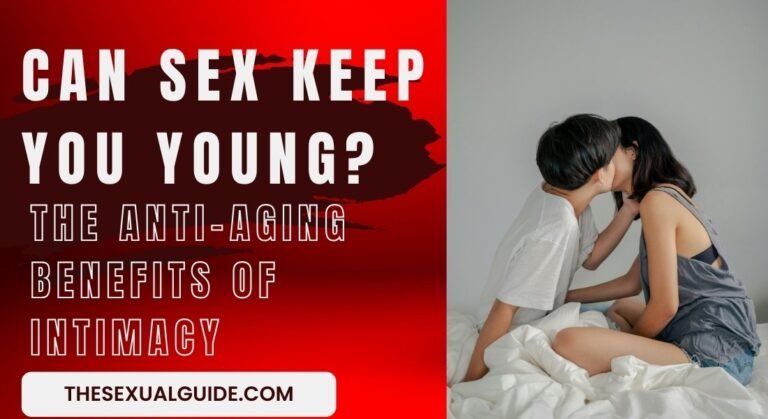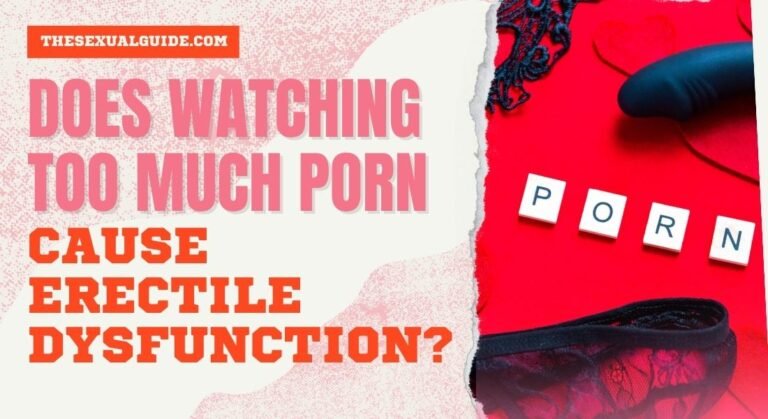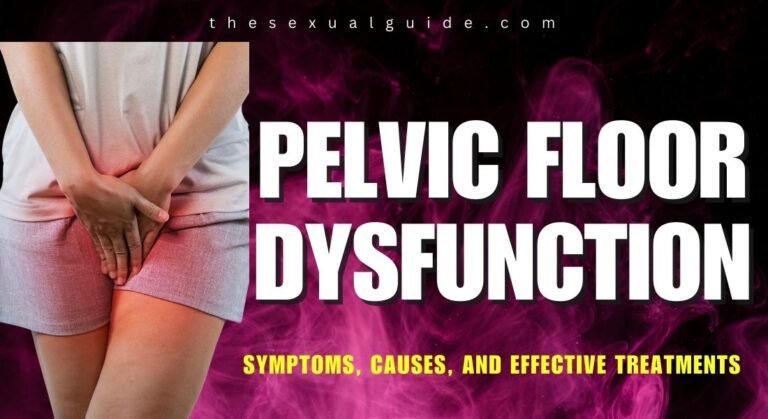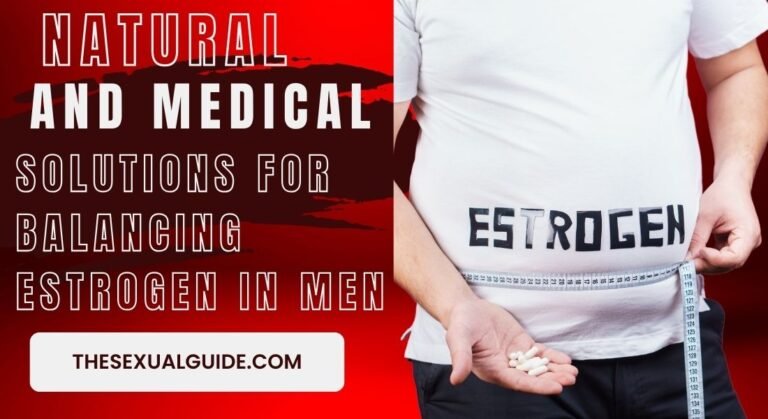Erectile dysfunction (ED) affects many men, leading to challenges in achieving or maintaining an erection.
While various factors can cause ED, low testosterone levels, often referred to as “Low T” are frequently considered a potential contributor.
Let’s delve into the relationship between testosterone and ED to understand if Low T might be influencing your sexual health.
Understanding Erectile Dysfunction
ED is the consistent inability to achieve or maintain an erection sufficient for satisfactory sexual performance. It’s a common issue, especially as men age, and can stem from various causes, including:
- Physical Factors: Conditions like diabetes, heart disease, and obesity.
- Psychological Factors: Stress, anxiety, or depression.
- Lifestyle Choices: Smoking, excessive alcohol consumption, and lack of exercise.
What Is Testosterone?
Testosterone is a crucial male sex hormone responsible for:
- Developing male sexual characteristics during puberty.
- Maintaining muscle mass and bone density.
- Regulating sex drive (libido).
As men age, testosterone levels naturally decline, approximately 1% per year after age 30. This gradual decrease can lead to symptoms such as reduced libido, fatigue, and mood changes.
Is Low Testosterone the Main Cause of ED?
While low testosterone can contribute to ED, it’s rarely the sole cause. Many men with normal testosterone levels experience ED, and some with low levels don’t have any erectile issues.
The relationship between testosterone and ED is complex:
- Direct Impact: Low testosterone can lead to decreased libido, which may indirectly affect erectile function.
- Indirect Impact: Conditions associated with low testosterone, like obesity and diabetes, can impair blood flow to the penis, leading to ED.
Recognizing Symptoms of Low Testosterone
If you’re concerned about Low T, watch for symptoms such as:
- Decreased interest in sex.
- Persistent fatigue.
- Mood swings or irritability.
- Reduced muscle mass.
Experiencing these symptoms doesn’t necessarily mean you have low testosterone, but it’s worth discussing with a healthcare provider.
Diagnosing Low Testosterone
To determine if Low T is contributing to your ED:
- Medical Evaluation: A thorough review of your symptoms and medical history.
- Blood Test: Measuring testosterone levels, typically done in the morning when levels are highest.
Treatment Options
If low testosterone is identified:
- Testosterone Replacement Therapy (TRT): This can help restore testosterone levels, potentially improving libido and energy. However, TRT’s effectiveness in treating ED varies. Some studies suggest that TRT can improve erections in men with low testosterone, but it’s not universally effective.
- PDE5 Inhibitors: Medications like sildenafil (Viagra) are often effective for ED and can be used alongside TRT if needed.
Lifestyle Changes to Improve ED
Regardless of testosterone levels, certain lifestyle modifications can enhance erectile function:
- Regular Exercise: Improves blood flow and boosts energy.
- Healthy Diet: Supports overall health and vascular function.
- Stress Management: Techniques like meditation or counseling can reduce anxiety-related ED.
When to Consult a Healthcare Provider
If you’re experiencing symptoms of ED or suspect low testosterone:
- Seek Medical Advice: A healthcare provider can conduct necessary tests and recommend appropriate treatments.
- Discuss All Symptoms: Be open about all health concerns to ensure a comprehensive evaluation.
Conclusion
While low testosterone can play a role in ED, it’s often not the sole cause.
A combination of medical evaluation, lifestyle changes, and appropriate treatments can help address ED effectively.
If you’re concerned about Low T and its impact on your sexual health, consult with a healthcare provider to explore the best course of action.
Frequently Asked Questions (FAQs)- The Role of Testosterone: Is Low T the Real Culprit Behind Your ED?
1. Can low testosterone really cause erectile dysfunction?
Yes, low testosterone, often referred to as “Low T”, can contribute to erectile dysfunction, especially by reducing libido, energy levels, and sexual responsiveness. However, it’s more commonly a contributing factor rather than the sole cause of ED, which is often multifactorial.
2. How can I find out if low testosterone is causing my ED?
A simple blood test measuring your total and free testosterone levels, usually done in the morning, can help determine if you have Low T. Your doctor may also assess related symptoms like fatigue, low libido, and mood changes to decide if hormone imbalance is a key factor.
3. Will testosterone replacement therapy (TRT) fix my ED?
Testosterone replacement therapy can improve sexual desire, mood, and overall well-being, and in some cases, it can help with ED. However, it’s most effective when Low T is clearly identified as a contributing cause. Some men may still need additional treatments like PDE5 inhibitors (e.g., Viagra or Cialis).
4. Are there risks associated with testosterone therapy?
Yes, like any medical treatment, TRT carries potential risks, including increased red blood cell count, acne, sleep apnea, and effects on fertility. It should always be monitored by a healthcare professional to ensure safe and effective hormone balancing.






